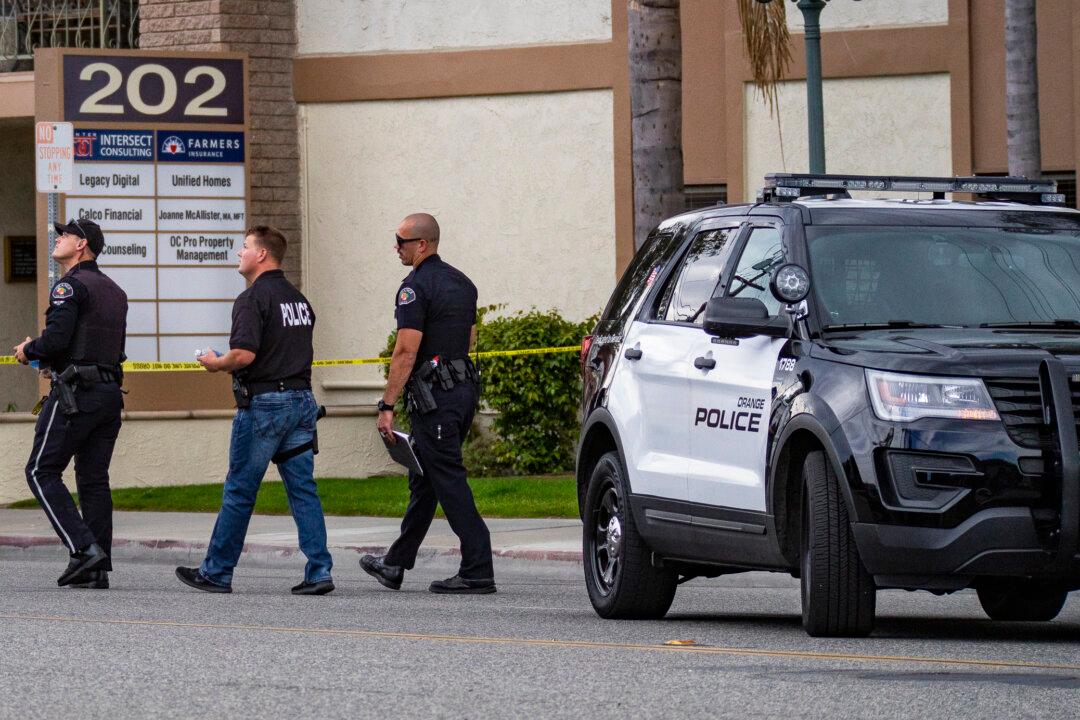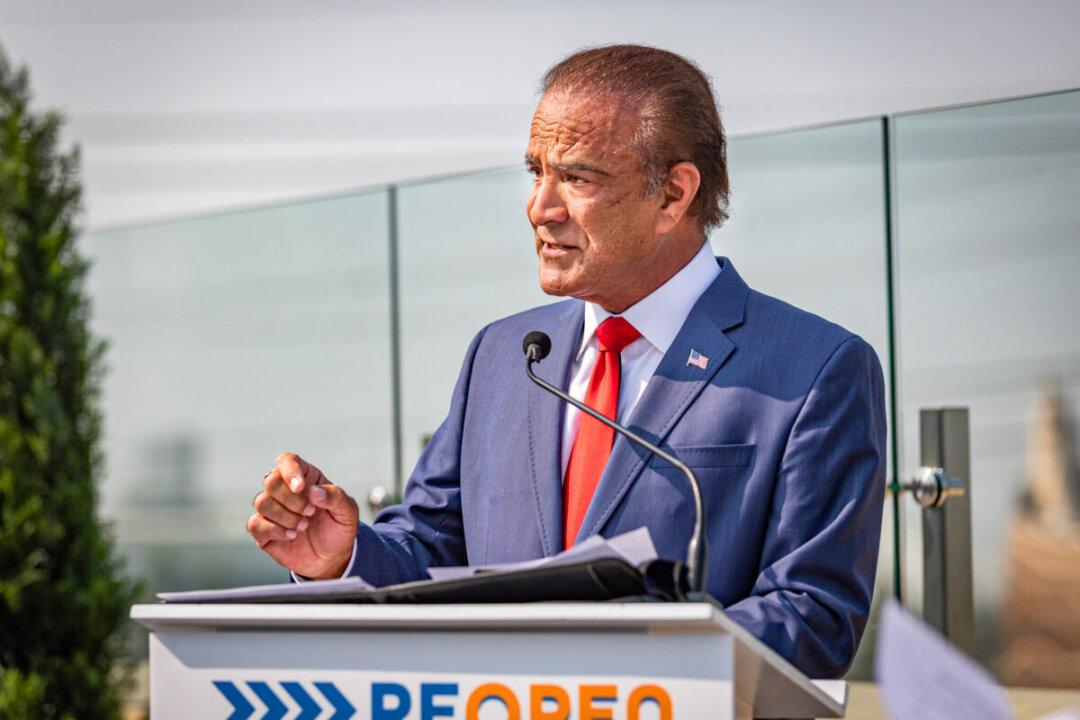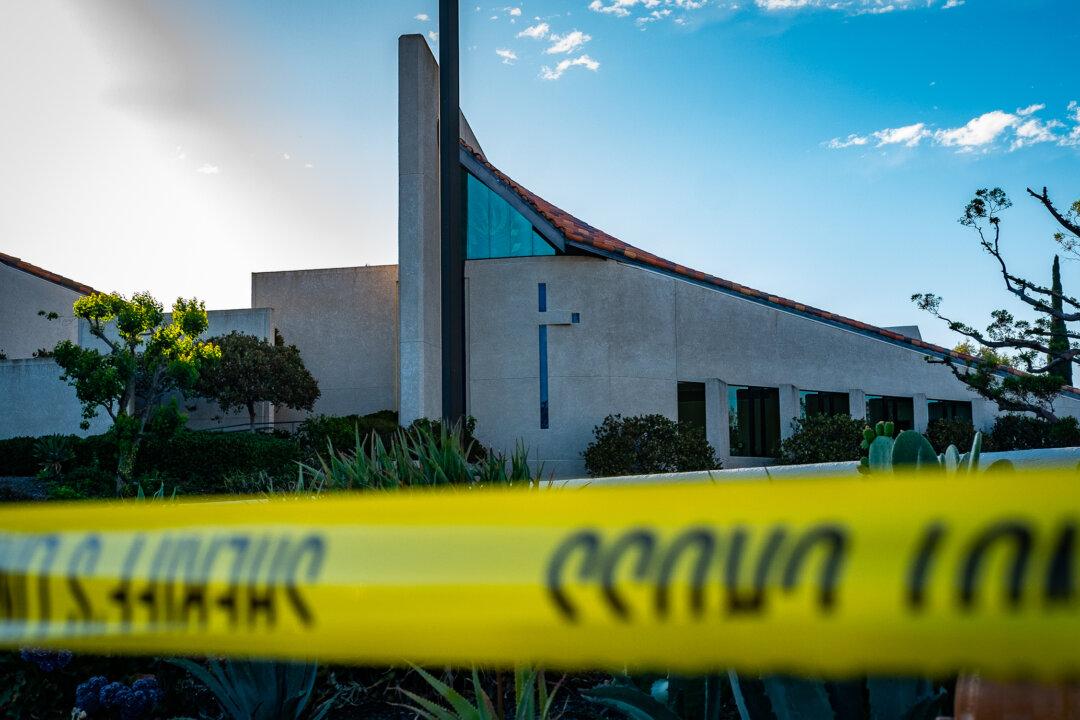SACRAMENTO—As smash and grabs are reportedly up across California, the effort by some lawmakers to “make crime illegal again” by repealing the controversial Proposition 47 failed on March 8.
The party-line vote by the California Public Safety Committee made up of seven assembly members—with five Democrats and two Republicans—ruled against Assembly Bill 1599 proposed by Assemblymen Kevin Kiley (R-Rocklin), James Gallagher (R-Yuba City), and Jim Patterson (R-Fresno).




